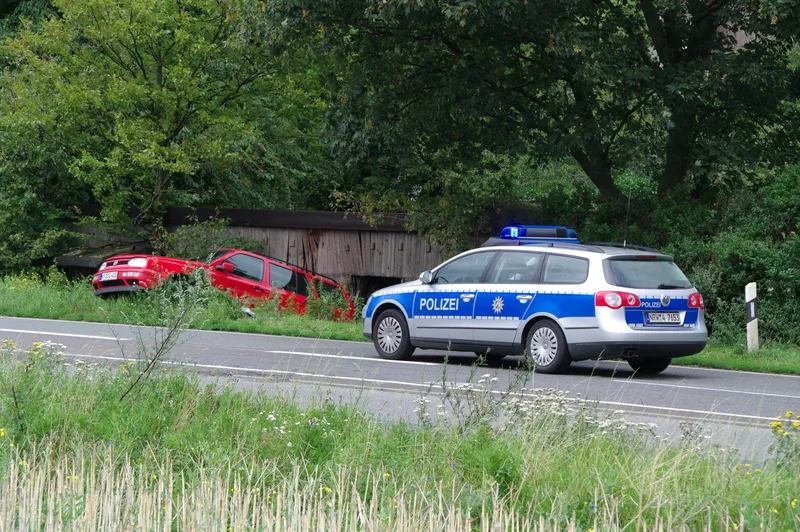A new report, Zero Road Deaths and Serious Injuries: Leading a Paradigm Shift in Road Safety, setting out a new approach to road safety has won the 2017 Special Award of the prestigious Prince Michael of Kent International Road Safety Awards.
The study by a group of 30 international road safety experts from 24 countries, led by the International Transport Forum at the OECD, reviews the experiences of countries that have made it their long-term objective to eliminate fatal road crashes.
Originating i
December 14, 2016
Read time: 2 mins
A new report, Zero Road Deaths and Serious Injuries: Leading a Paradigm Shift in Road Safety, setting out a new approach to road safety has won the 2017 Special Award of the prestigious Prince Michael of Kent International Road Safety Awards.
The study by a group of 30 international road safety experts from 24 countries, led by the International Transport Forum at the OECD, reviews the experiences of countries that have made it their long-term objective to eliminate fatal road crashes.
Originating in Sweden, the report indicates that 88 European cities with a population above 100,000 have had no road fatalities over the course of a whole year. The biggest among them are Nottingham in the UK, Aachen, Germany and Espoo, Finland.
Sixteen European towns, nine in the United Kingdom, six in Germany and one in Norway, experienced no road deaths for five years running. In Sweden, not a single child died as result of a bicycle crash in Sweden in 2008.
According to the World Health Organisation, 1.25 million people are killed by traffic every year. Road crashes are the leading cause of death worldwide for young people aged 15 to 29. Traffic is the ninth leading cause of death overall, killing more people than malaria, while 90 per cent of road deaths occur in low-income countries, where rapid motorisation drives up fatalities. In many developed countries, the progress made over the past decades has stalled.
The ITF says new thinking is required if the target set by the international community of halving road deaths by 2020 is to be met
The report offers guidance for leaders that want to drastically reduce the road deaths in their communities and sets out how a ‘safe system’ approach to road safety can underpin this goal.
The study by a group of 30 international road safety experts from 24 countries, led by the International Transport Forum at the OECD, reviews the experiences of countries that have made it their long-term objective to eliminate fatal road crashes.
Originating in Sweden, the report indicates that 88 European cities with a population above 100,000 have had no road fatalities over the course of a whole year. The biggest among them are Nottingham in the UK, Aachen, Germany and Espoo, Finland.
Sixteen European towns, nine in the United Kingdom, six in Germany and one in Norway, experienced no road deaths for five years running. In Sweden, not a single child died as result of a bicycle crash in Sweden in 2008.
According to the World Health Organisation, 1.25 million people are killed by traffic every year. Road crashes are the leading cause of death worldwide for young people aged 15 to 29. Traffic is the ninth leading cause of death overall, killing more people than malaria, while 90 per cent of road deaths occur in low-income countries, where rapid motorisation drives up fatalities. In many developed countries, the progress made over the past decades has stalled.
The ITF says new thinking is required if the target set by the international community of halving road deaths by 2020 is to be met
The report offers guidance for leaders that want to drastically reduce the road deaths in their communities and sets out how a ‘safe system’ approach to road safety can underpin this goal.










